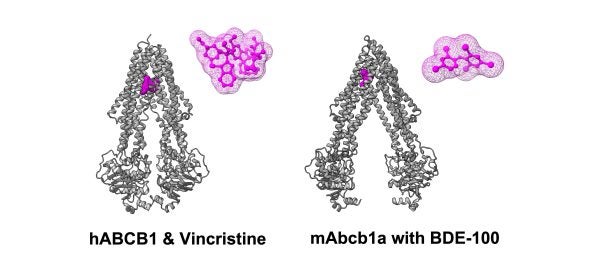There are currently very few resources available which provide a comprehensive view on how environmental chemicals interact with xenobiotic efflux transporter proteins. Chemical effects on transporter function are of critical interest in pharmacology and the effects of unintentional exposures to multiple chemicals on transporters are a growing topic of interest in human and environmental toxicology. Most collections of transporter-chemical interaction data focus on human transporters specifically in the context of pharmacology and drug development. In 2022, our lab collaborated with researchers at UCSF and UCSD to create the joint UCSF-FDA Transportal + UCSD/UCD-NIEHS TICBase repository. This updated database more than tripled its content of kinetic interaction data to assist researchers, clinicians, and regulatory agencies.
The Nicklisch Lab aims to bring additional attention to the potential effects of transporter-chemical interactions on human and environmental health in the context of environmental exposures that humans and other organisms receive. We continue to be actively involved in compiling data scattered across the literature into accessible and understandable data sources for researchers, medical personnel and the public alike. We are particularly interested in transporter kinetics, gene expression, and drug-drug interaction data as well as the information that meta-analysis of the literature can reveal about transporter function. Additionally, a high-level view of the field allows us to fill the gaps in transporter exploration, especially involving organisms highly impacted by humans, including honey bees, aquatic species, and plant crops.
